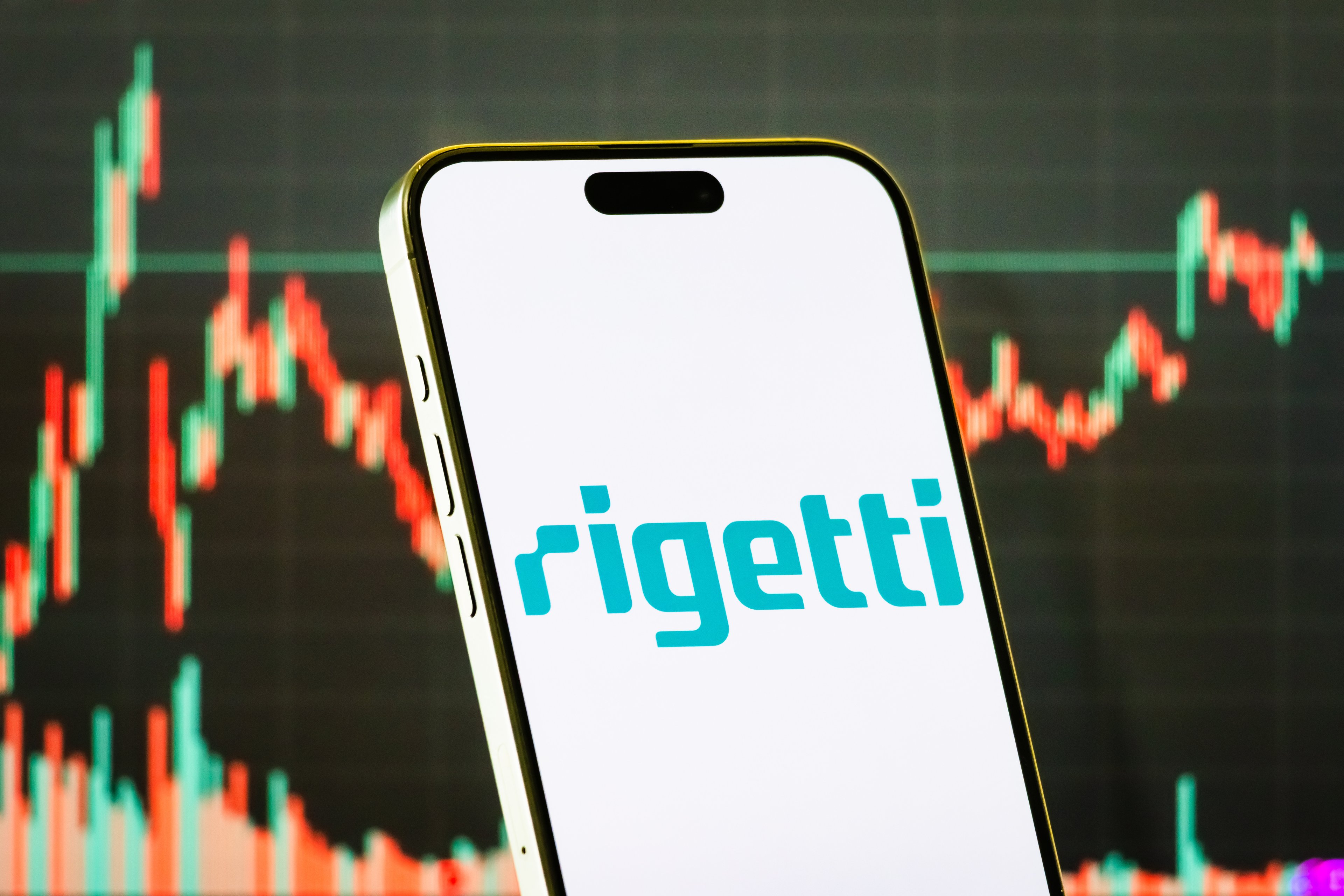Quantum computing is an interesting sector to invest in, as there are two primary ways to capture gains in this space. The first option is to pick a legacy tech company that is investing heavily in quantum computing technology. One of my favorites in this category is Alphabet (GOOG 0.60%) (GOOGL 0.20%).
Another popular way to gain exposure in the quantum computing space is to pick a pure play, like Rigetti Computing (RGTI 12.54%). There is no backup plan for a company like Rigetti Computing; it's quantum computing relevancy or bust. This makes a stock like Rigetti incredibly risky, but it also has much higher return potential versus a small company, or versus the multi-trillion-dollar behemoth that is Alphabet.
Between the two, is there a better pick? Let's find out.
Rigetti and Alphabet are two very different investment options
Quantum computing investing has become a huge trend in the market, with many of the proposals soaring over the past few months. Rigetti Computing is no different, as its stock has more than tripled since the start of September. That's an unbelievable run in a short timeframe, but it didn't happen by chance.
During the past few weeks, Rigetti Computing announced a few exciting wins. The first was from the Air Force Research Lab, where it was awarded a $5.8 million contract to advance quantum networking. The Air Force Research Lab is one of the biggest investors in the quantum computing space, and getting a contract with it is a big deal.

NASDAQ: RGTI
Key Data Points
However, the bigger announcement occurred on Sept. 30, when Rigetti announced two purchase orders for quantum computing systems totaling $5.7 million. While Rigetti didn't unveil the clients, it mentioned that one will be going to an Asian manufacturing company, while another is being delivered to a California-based physics and AI start-up. While this isn't a massive sale in a dollar figure sense, it shows that demand for quantum computing systems is starting to rise. Furthermore, the sales show that the company has competitive offerings, as these clients likely shopped around before deciding on Rigetti's system.
Both new pieces were clearly well-received by the markets, and Rigetti's stock responded accordingly. This clearly seems to tilt the comparison in favor of Rigetti, as Alphabet seems to have been silent on the quantum computing front since it announced its Willow chip breakthrough last December.
However, I think this is on purpose. Rigetti Computing is trying to produce viable quantum computers to sell to the public. Alphabet isn't interested in doing that. Instead, it wants to develop quantum computers for its internal use to advance its advertising and artificial intelligence technologies. It will make its quantum computing technology available to the public, but likely only through renting it out via its cloud computing offering, Google Cloud.

NASDAQ: GOOGL
Key Data Points
This makes it in Alphabet's best interest to stay relatively quiet on the quantum computing front. It doesn't want competitors to know if it's taken a different path, or where it is along the path to making a commercially viable quantum computer.
Additionally, Alphabet has billions of dollars in free cash flow that it can throw at this technology, allowing it to easily outspend Rigetti if it chooses to do so. This will make it difficult for a pure play to compete over the long term, but does that mean Alphabet is by far the better quantum computing stock to buy here?
Investing in both increases the odds of success
Instead of strictly buying Alphabet or Rigetti, I think investors are better off buying both. It's still a long way out from quantum computing's commercial viability, which will likely arrive sometime around 2030. It's impossible to know which company will develop winning quantum computing technology between now and then. By investing in multiple quantum computing companies, investors increase their odds of success in exchange for slightly lower returns.
I think this is the best way to approach this space, and investors will have a less stressful experience by picking a handful of start-ups combined with legacy tech players that are competing to produce a viable quantum computer.






